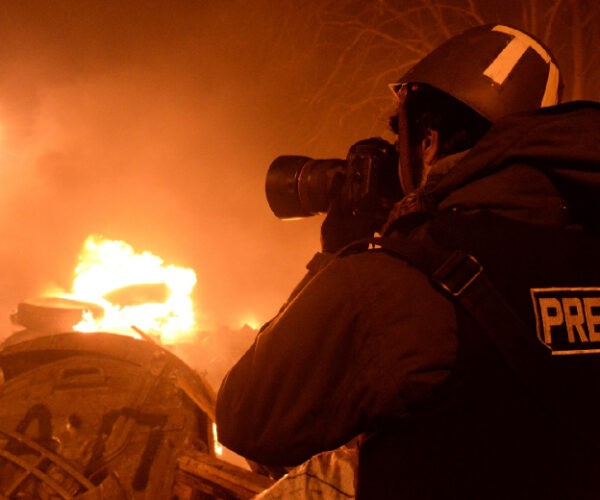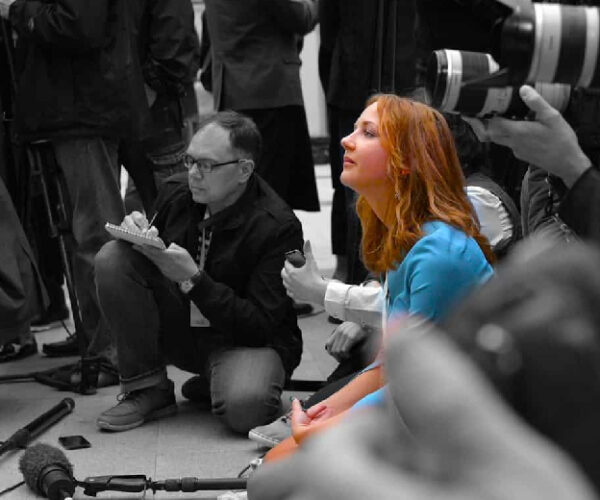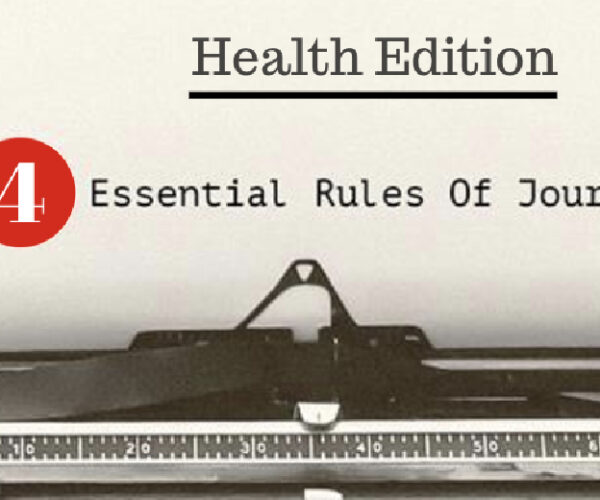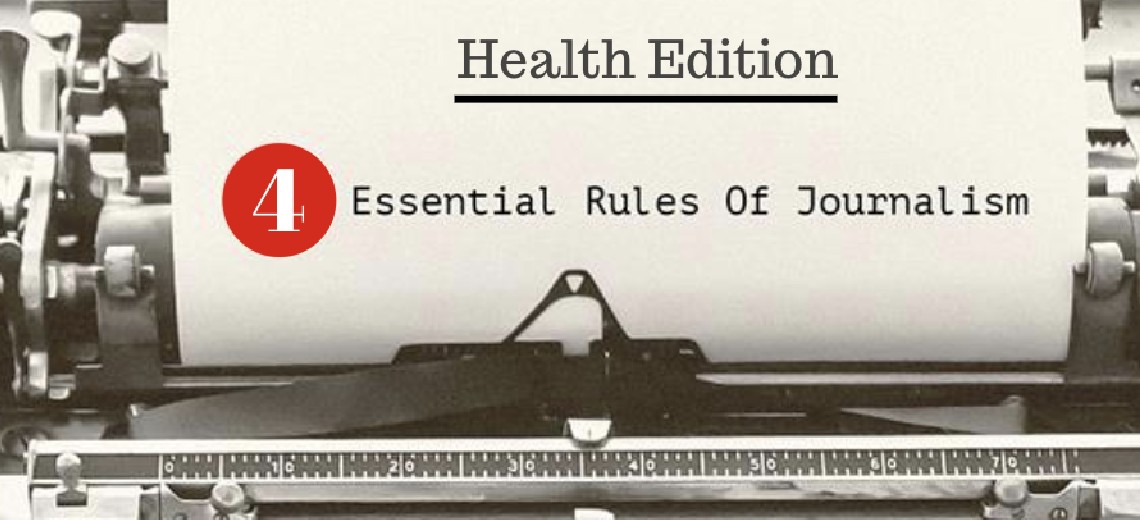The Essential Rules of Journalism will make you a better journalist.Journalism has a strict set of rules that are often overlooked by those just starting out in the field. The key to being a good journalist is when you know that they’re doing it right.The best journalists are those who will put themselves in the shoes of their sources and ask tough questions.
The best way to become a journalist is by interviewing your subjects; don’t be afraid to make them uncomfortable with difficult or personal questions, because this is what gets you good information that no one else can get for you!
Ask Questions:
Journalists should ask questions. Journalists are curious people, that is the key to their success because they want to know everything about what’s going on in their world and how it affects them personally if at all possible. The Five W’s (who, where, when, why) followed by more questions can get you onto a good story worth pursuing for deeper research into which direction you should go with your article or front page news spot.
Dig for the story.
Explore more thoroughly to find its true nature as it may be hidden below the surface of what you already know. Mastering language is key because your words are a journalist’s main tool and reading can help you understand how they work in different ways, even learning about etymology which will enhance understanding beyond just knowing vocabulary or grammar rules so that when mistakes happen (as we all occasionally do) there’s an awareness of why something doesn’t seem right rather than mere confusion at missing some detail from comprehension.
Spelling matters.
Proper spelling and grammar are crucial to conveying your message. In case you’re not sure about a word’s spelling or usage, read through all of the messages that you send before sending them out in order to make sure they flow nicely with one another (particularly names), and take time as well when reading over articles so that there is no confusion on what someone may be trying to say.
The publication that you know
When submitting a story for publication, it is key to know the style and tone of voice. This will allow you both an easy in with editors as well as help your writing have the right tone for that particular audience.
A good way to start this process is by looking at back-issues or writer’s guidelines on their website before pitching them anything new – finding out what they’re in to can really open doors!
Your career depends on your contacts.
You have to make the contacts, and maintain them. If you don’t know a person in power or someone who knows information about your next story, then you won’t find out what they’re not telling everyone else; which is usually everything!
Contacts are critical for success as a journalist because without them it would be impossible to get access to any of the people necessary for writing an accurate article. Sources can give new insight on current issues that other journalists might miss by virtue of their distance from events (or lack thereof).
Editors with connections could help us break into markets where our work has been rejected before now due to limited space within said publication’s schedule–either way we need these links forged so we’ve got somewhere worth going when
Keeping it off the record is a good idea once it’s done.
You must always keep your sources’ identities confidential, even when they tell you something juicy and personal.
Once it’s off the record, keep it that way. A reliable source will often confide in journalists about all kinds of scandalous things- sometimes on a very deep level related to their own life story or experience with key political players – but this is only done if there are no names attached and everything remains private between them two.
The journalist’s job is not just reporting what has happened; he/she also helps shape how people think through storytelling by telling stories without naming names while still helping readers understand who these unnamed figures might be talking about. Be respectful of the trust placed in you as an unlikely confidante for our most important
There’s no better number than three.
In the world of journalism, three is a golden number. If you want to be an effective writer and journalist, then it’s best that you follow this rule: have at least three sources; interview at least two people per article (one as your main source); and double-check 3 times before finalizing edits on grammar or spelling errors.
Opportunities are created by rejection
Rejection is an opportunity. If your story is rejected, you’ve just made contact with an editor, which merits congratulations! It’s not always rejection that means it’s not right for them. Sometimes rejection does only mean that it’s not right for them
The process of being denied by an outlet can feel like getting sucker punched but don’t worry – this happens all the time because there are so many publications out there these days.
But even if your work isn’t accepted on one site, keep at it – send those pitches our way or who knows where else?
The best part about pitching again is knowing that when someone says no they’re really saying yes
Editors are storytellers
Editors have tough jobs, but they can teach you a hell of lot about storytelling- better than any professor or textbook ever could! Whenever the opportunity arises to work with an editor on your own piece, take it!
And if for some reason that doesn’t happen and you find yourself in need of editing advice? You know where to come looking for trustworthy answers- from one writer who went before you onto what is often called “the journalistic battlefield”






